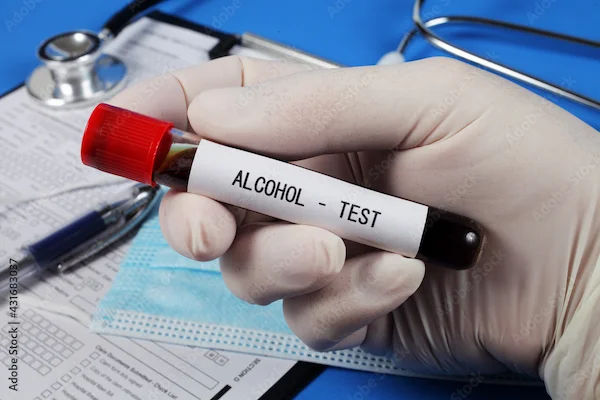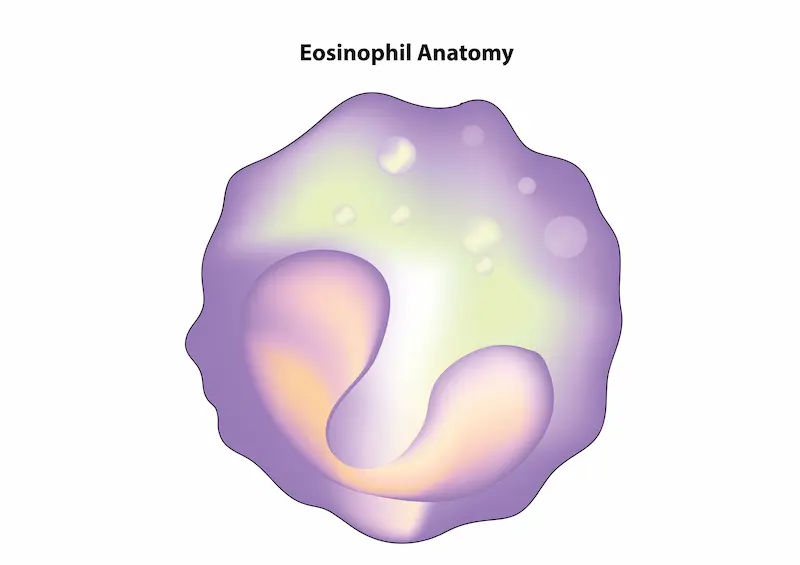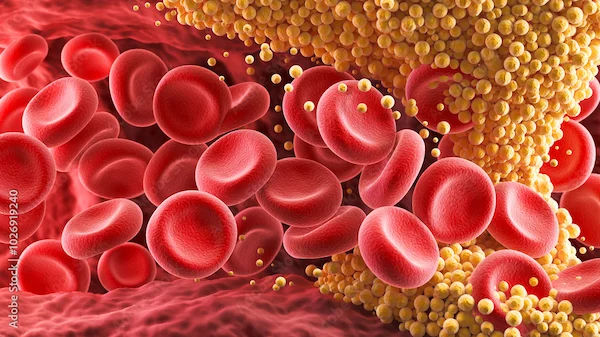Pumpkin and Its Effects on Blood Sugar
Discover how pumpkin affects blood sugar, its health benefits for diabetics, and the best ways to eat it without spikes. Learn about pumpkin seeds’ role in managing glucose levels.

Written by Dr. Dhankecha Mayank Dineshbhai
Reviewed by Dr. Vasanthasree Nair MBBS
Last updated on 14th Aug, 2025

Pumpkin is a delicious and nutritious vegetable that many people enjoy, especially during the fall season. But if you have diabetes or are concerned about your blood sugar levels, you might wonder: Is pumpkin good for me? The answer is yes; when eaten in moderation and prepared the right way!
In this article, we’ll explore how pumpkin affects blood sugar, its health benefits, and the best ways to include it in your diet.
How Does Pumpkin Affect Blood Sugar?
Pumpkin has a low glycemic index (GI), meaning it doesn’t cause a rapid spike in blood sugar levels when eaten in reasonable portions. However, its impact on blood sugar depends on how it’s prepared and consumed.
Key Factors to Consider:
1. Fiber Content – Pumpkin is rich in fiber, which slows down sugar absorption in the bloodstream. This helps prevent sudden blood sugar spikes.
2. Carbohydrates – While pumpkin contains carbs, they are mostly complex carbs, which are digested slowly.
3. Preparation Method – Boiled or roasted pumpkin is better than pumpkin puree or sugary pumpkin dishes (like pies or lattes).
Glycemic Index (GI) of Pumpkin
- Raw pumpkin: Low GI (~15-20)
- Cooked pumpkin: Moderate GI (~50-75, depending on cooking method)
- Pumpkin puree (without sugar): Moderate GI (~50-60)
- Pumpkin pie or sweetened dishes: High GI (70+)
Tip: Pair pumpkin with protein (like nuts or yogurt) or healthy fats (like olive oil) to further stabilize blood sugar.
Health Benefits of Pumpkin for Blood Sugar Control
Pumpkin isn’t just tasty—it’s packed with nutrients that can support overall health, especially for people managing diabetes or prediabetes.
1. Rich in Fiber
- Helps regulate blood sugar by slowing digestion.
- Supports gut health and keeps you full longer.
2. High in Antioxidants
- Contains beta-carotene (converted to vitamin A), which reduces inflammation and supports immunity.
- May help protect against diabetes-related complications.
3. Good Source of Magnesium
- Magnesium helps improve insulin sensitivity, which is crucial for blood sugar control.
4. Low in Calories
- Great for weight management, which is important for diabetes prevention.
Best says to Eat Pumpkin for Stable Blood Sugar
To get the most benefits without spiking blood sugar, follow these tips:
Do’s:
- Choose fresh or plain canned pumpkin (no added sugar).
- Roast or boil pumpkin instead of frying.
- Pair with protein/fats (e.g., pumpkin seeds, nuts, or lean meats).
- Use pumpkin in savory dishes like soups, salads, or roasted veggies.
Dont’s:
- Avoid sugary pumpkin desserts (pies, lattes, candies).
- Limit pumpkin-flavored processed foods (many contain hidden sugars).
- Don’t overeat; stick to ½ to 1 cup per serving.
- Pumpkin Seeds and Blood Sugar
- Pumpkin seeds (also called pepitas) are another great option for blood sugar control.
Consult an Nutritionist for the best advice
Benefits of Pumpkin Seeds:
- High in protein and healthy fats, which help stabilize blood sugar.
- Rich in magnesium and zinc, supporting insulin function.
- Great for snacking—try roasted seeds with a pinch of salt instead of sugary snacks.
Tip: A small handful (about 1 oz or 30g) per day is a healthy portion.
When Should You Be Cautious with Pumpkin?
While pumpkin is generally safe, some people should monitor their intake:
- If you have diabetes, check your blood sugar after eating pumpkin to see how your body reacts.
- Avoid sugary pumpkin products (like pumpkin spice lattes or pies).
- Consult a doctor if you’re on diabetes medication, as pumpkin may interact with blood sugar levels.
Final Thoughts
Yes! Pumpkin can be a diabetes-friendly food when eaten in moderation and prepared healthily. Its fiber, nutrients, and low glycemic impact make it a great addition to a balanced diet.
If you’re unsure about how pumpkin affects your blood sugar, consider:
- Monitoring your levels after eating it.
- Consulting a dietitian or doctor for personalized advice.
Need Expert Guidance?
If you have concerns about blood sugar management, Apollo 24|7 offers expert consultations and diabetes care plans. You can book a consultation or order a blood sugar test easily from home.
Consult an Nutritionist for the best advice
Consult an Nutritionist for the best advice

Neelanjana J
clinical nutrition
3 Years • Bsc., Msc. Nutrition and Dietetics.
Bengaluru
Apollo Clinic, JP nagar, Bengaluru

Ms. Soma Saha
clinical nutrition
17 Years • B.Sc. - Home Science (Food & Nutrition), M.Sc. - Home Science (Food & Nutrition)
Kolkata
Dr Utsa Basu Clinic, Kolkata
(50+ Patients)

Dr. Ramalinga Reddy
General Physician
5 Years • MBBS MD General medicine
Bengaluru
PRESTIGE SHANTHINIKETAN - SOCIETY CLINIC, Bengaluru
Mrs Sneha P V
Nutritionist
10 Years • Master of science in Food and Nutrition
Bengaluru
Apollo Clinic, Sarjapur Road, Bengaluru

Mrs. Padmaja Mandali
clinical nutrition
13 Years • MSc - Clinical Nutrition and Dietetics, PGDND, Certificate in Food and Nutrition (CFN) from IGNOU and Certificate in Nutrition And Lifestyle in Pregnancy. from Ludwing- Maximillians- Universitat Munchen (LMU) and offered through Coursera
Hyderabad
Apollo Clinic, Nizmapet, Hyderabad
Consult an Nutritionist for the best advice

Neelanjana J
clinical nutrition
3 Years • Bsc., Msc. Nutrition and Dietetics.
Bengaluru
Apollo Clinic, JP nagar, Bengaluru

Ms. Soma Saha
clinical nutrition
17 Years • B.Sc. - Home Science (Food & Nutrition), M.Sc. - Home Science (Food & Nutrition)
Kolkata
Dr Utsa Basu Clinic, Kolkata
(50+ Patients)

Dr. Ramalinga Reddy
General Physician
5 Years • MBBS MD General medicine
Bengaluru
PRESTIGE SHANTHINIKETAN - SOCIETY CLINIC, Bengaluru
Mrs Sneha P V
Nutritionist
10 Years • Master of science in Food and Nutrition
Bengaluru
Apollo Clinic, Sarjapur Road, Bengaluru

Mrs. Padmaja Mandali
clinical nutrition
13 Years • MSc - Clinical Nutrition and Dietetics, PGDND, Certificate in Food and Nutrition (CFN) from IGNOU and Certificate in Nutrition And Lifestyle in Pregnancy. from Ludwing- Maximillians- Universitat Munchen (LMU) and offered through Coursera
Hyderabad
Apollo Clinic, Nizmapet, Hyderabad




